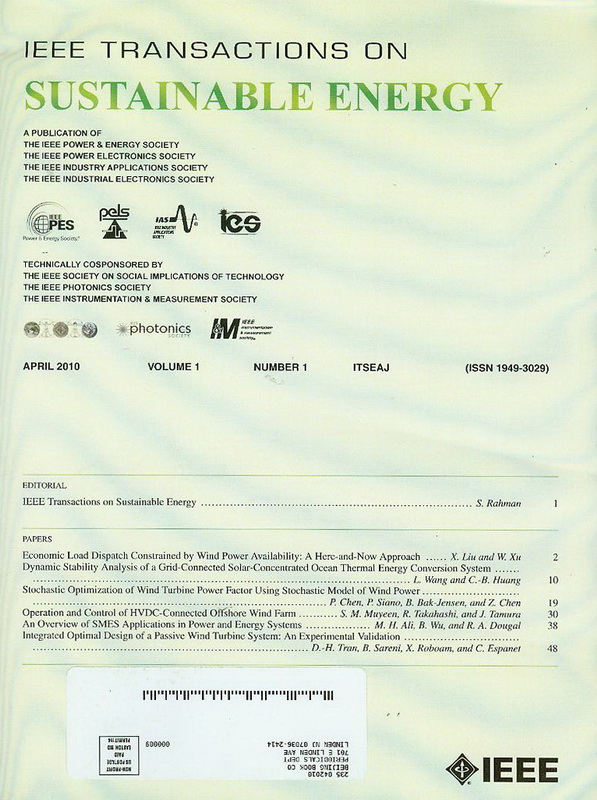Adversarial Constraint Learning for Robust Dispatch of Distributed Energy Resources in Distribution Systems
IF 8.6
1区 工程技术
Q1 ENERGY & FUELS
引用次数: 0
Abstract
The variability of renewables and power demands poses significant challenges for the dispatch of distributed energy resources (DERs) in distribution networks, as they often introduce uncertainties that may lead to power flow constraint violations. Robust optimization (RO) is a powerful tool for managing the operational risks caused by these uncertainties. However, solving robust DER dispatch problems is nontrivial since the non-convex AC power flow constraints prevent the use of strong duality to find deterministic counterparts. To this end, this paper proposes adversarial constraint learning that can provide linear surrogates for robust dispatch problems. This method begins by designing a gradient-based adversarial attack process to identify the worst-case constraint violations. A “teacher” model is trained in advance to enable rapid gradient calculations during this attack process. Under the teacher's supervision, two “student” models are then trained to predict the worst-case violation from candidate dispatch decisions and nominal operating conditions (i.e., renewable generation and power demands). These student models are further reformulated into equivalent mixed-integer linear programming (MILP) forms and serve as computationally efficient surrogates for the original robust dispatch problems. Simulations across various operating conditions and test systems demonstrate that our method can achieve desirable feasibility, low suboptimality, and high online computational efficiency.求助全文
约1分钟内获得全文
求助全文
来源期刊

IEEE Transactions on Sustainable Energy
ENERGY & FUELS-ENGINEERING, ELECTRICAL & ELECTRONIC
CiteScore
21.40
自引率
5.70%
发文量
215
审稿时长
5 months
期刊介绍:
The IEEE Transactions on Sustainable Energy serves as a pivotal platform for sharing groundbreaking research findings on sustainable energy systems, with a focus on their seamless integration into power transmission and/or distribution grids. The journal showcases original research spanning the design, implementation, grid-integration, and control of sustainable energy technologies and systems. Additionally, the Transactions warmly welcomes manuscripts addressing the design, implementation, and evaluation of power systems influenced by sustainable energy systems and devices.
 求助内容:
求助内容: 应助结果提醒方式:
应助结果提醒方式:


